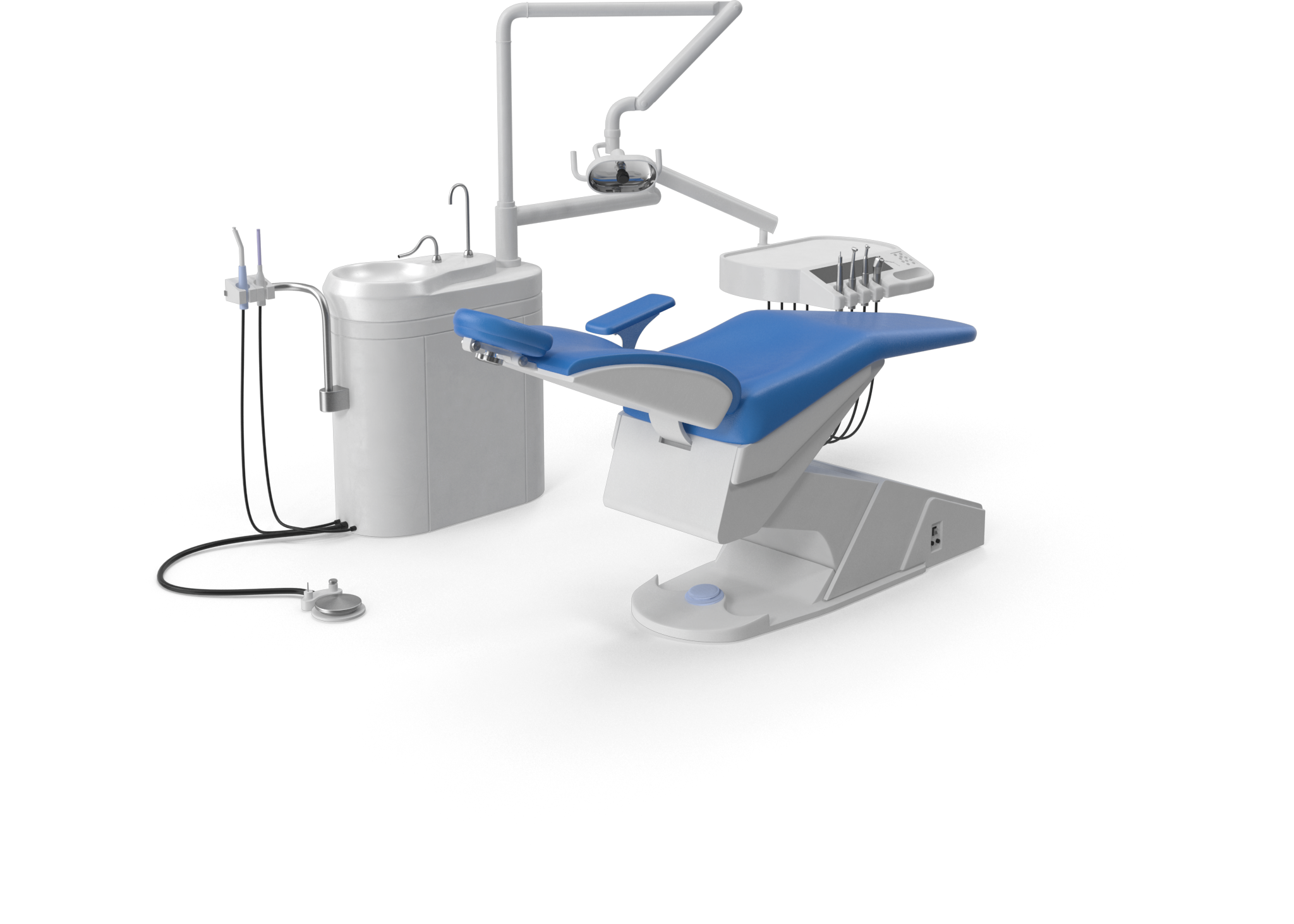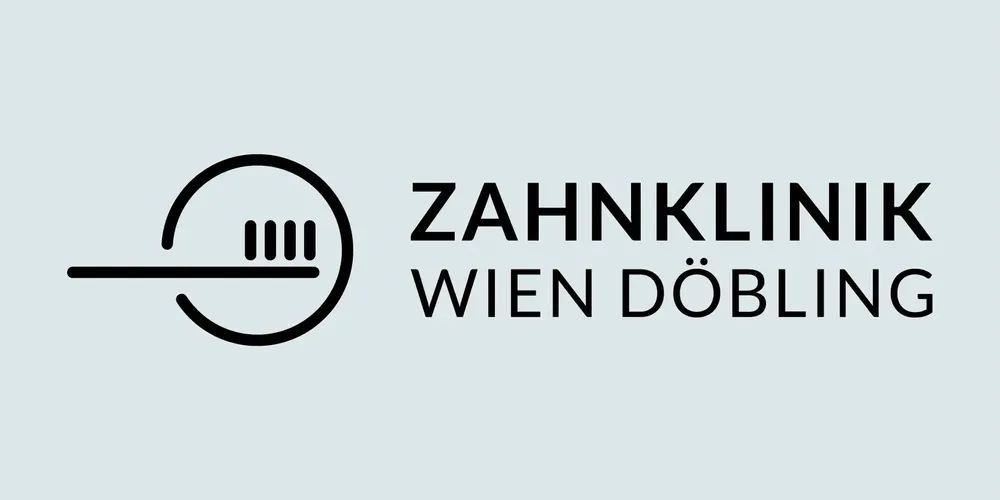What does prophylaxis mean?
Regular prophylaxis (professional teeth cleaning) is an important building block for lifelong healthy teeth. It is the right therapy at the right time, namely before tooth and gum damage occurs, which often necessitates painful and costly remediation.
We recommend professional oral hygiene twice a year
Even with twice-daily tooth brushing at home, it is hardly possible to remove all deposits from tooth surfaces, bridges and implants. This so-called "plaque" can lead to hard tartar (calculus) within a short time and give bacteria the opportunity to settle.
As a further consequence, discoloration and sensitive tooth necks develop, and the risk of periodontitis and caries also potentially increases. In the worst case, even the periodontium is affected and teeth become loose.
For these reasons, it is advisable to have regular prophylaxis (professional oral hygiene) twice a year. Deposits are gently removed and the tooth surfaces are smoothed.

Prophylaxis consists of two elements
01.
The oral hygiene at home
Under the guidance of a specially trained prophylaxis assistant, you will learn and practice the use of dental floss, interdental brushes, tongue cleaner, etc.. - As well as the right brushing technique for you. This will enable you to clean your teeth effectively at home.
02.
The professional teeth cleaning / oral hygiene
We thoroughly clean your teeth of hard (tartar) and soft (plaque) plaque using special sonic, hand and powder jet devices. We pay special attention to those areas that are difficult to reach with your home oral hygiene. Finally, all tooth surfaces are carefully polished.
Why and when?
To prevent caries and gum disease
As soon as a recession of the gums (periodontitis) is visible
To correct incorrect cleaning habits
To learn the optimal tooth brushing technique
Because healthy teeth make an important contribution to overall health (gingivitis can increase the risk of cardiovascular disease, diabetes and premature birth in pregnant women).
To surprise particularly anxious children with a positive experience at the dentist and to teach them that professional teeth cleaning is pleasant, tastes good and does not hurt
For patients undergoing orthodontic therapy (whether fixed or removable braces).
For patients with chronic general diseases (e.g. diabetes, rheumatism, cardiovascular diseases)
In case of bleeding gums and bad breath, as these are signs of gingivitis
How does oral hygiene work?
One session (approx. 1 hour)
- Visualization of bacterial plaque using dyes
- Explaining and practicing the most effective brushing technique for the patient and selection of suitable auxiliary and care products
- Removal of tartar, plaque and discoloration with special instruments
- Final polishing of all tooth surfaces and application of fluoride gel to harden the tooth enamel
If necessary, a second session (approx. 1/2 hour) can be arranged after 14 days
- Discussion of any problems encountered in the application of the recommended auxiliaries and care products
- Staining of the plaque again and explanation of how the brushing technique can be further improved
- Cleaning and polishing of teeth
Recall
Depending on your needs and the success of your oral hygiene at home, we advise you to follow a certain prophylaxis rhythm (3 - 6 months). We will be happy to remind you of your next prophylaxis appointment by mail, SMS or e-mail if you wish.
FAQ
Regular professional tooth cleaning is important to be able to remove tartar and bacterial plaque with special equipment (hand instruments, ultrasonic and/or powder jet devices). In addition, the teeth are carefully cleaned and discolorations in the interdental spaces are removed with polishing strips. This helps to prevent possible gingivitis and, subsequently, possible gum recession. Subsequently, all outer surfaces are polished with a special paste and fluoridated with a fluoride gel.
The prophylaxis session lasts about one hour, depending on the need (plaque, tartar, discoloration, etc.). In isolated cases, a follow-up treatment may be necessary. To support your regular prophylaxis rhythm, we will be happy to remind you of your next appointment.
Professional teeth cleaning is usually not painful. However, some teeth may show particular sensitivity during treatment. For our anxiety patients, we also offer individual treatment to relax and relieve pain - with local anesthesia if desired.


